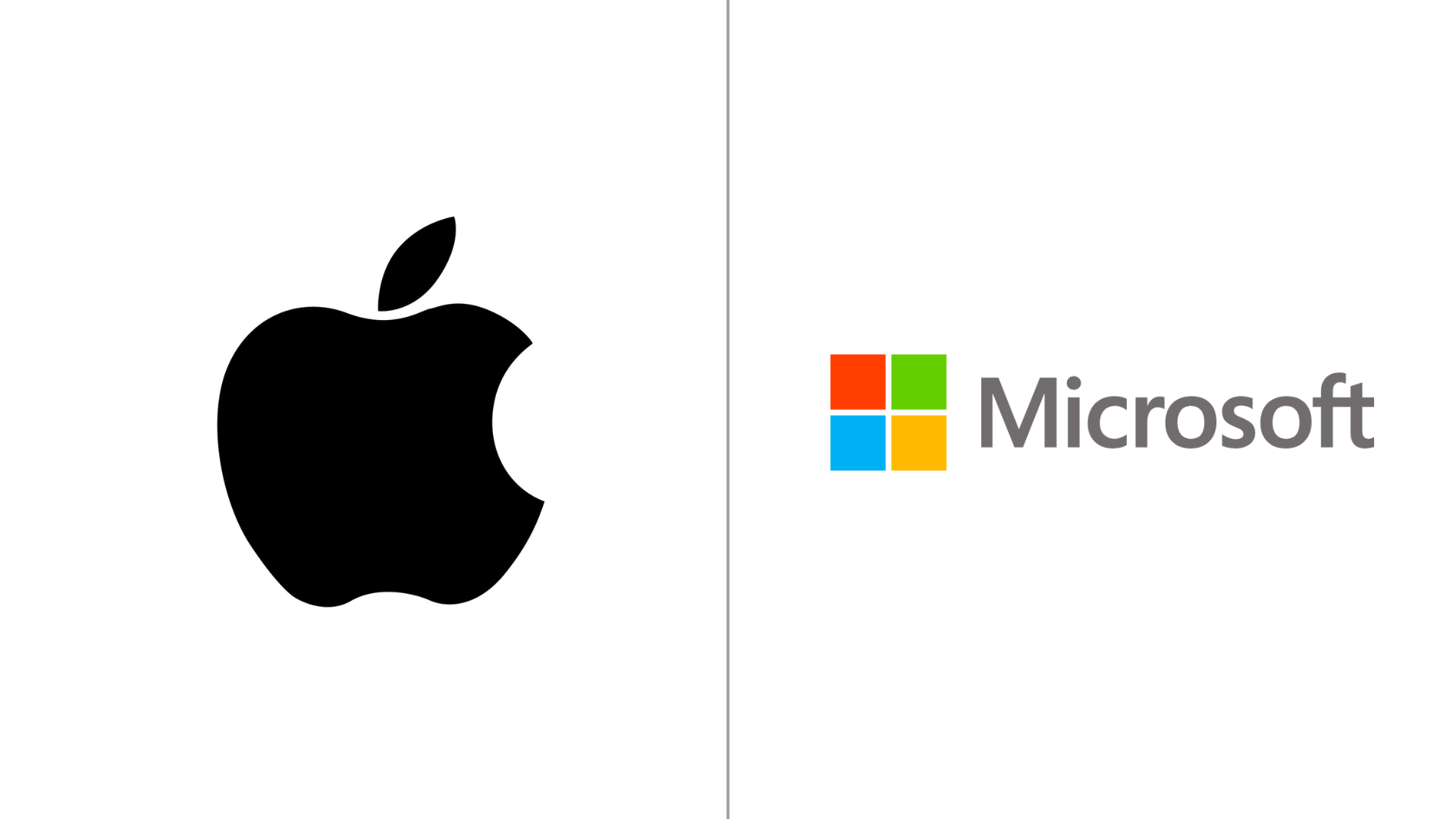
The European Commission recently announced a decision that has significant implications for two of the world’s largest technology companies, Apple and Microsoft. This decision revolves around the Digital Markets Act (DMA), a comprehensive set of regulations designed to curb the monopolistic tendencies of major tech firms and ensure a competitive and fair digital market within the EU.
Under the DMA, the European Commission has the authority to designate certain services offered by tech giants as “core platform services,” thereby subjecting these services to strict operational guidelines aimed at fostering competition and innovation.
The Commission’s Findings
The heart of the matter lies in the Commission’s determination that Apple’s iMessage and Microsoft’s Bing, along with Microsoft Edge and Microsoft Advertising, do not meet the criteria to be classified as “core platform services” under the DMA. This conclusion came after thorough investigations into the market impact and user base of these services, which were initiated following claims by Apple and Microsoft that their services did not possess the requisite user metrics that would necessitate regulatory oversight under the DMA framework.
Implications for Messaging and Search Services
The regulatory scrutiny under the DMA could have significantly impacted various services, focusing particularly on:
- Messaging Services like Apple’s iMessage:
- Interoperability Requirements: Could have necessitated iMessage to open its platform to rival services, facilitating seamless message exchanges between iMessage and other messaging apps.
- Impact on Consumer Choice: Users would have benefited from enhanced flexibility in messaging across platforms, breaking down barriers between iOS and other operating systems.
- Examples of Affected Services: WhatsApp, Facebook Messenger, Signal, and Telegram could have directly interfaced with iMessage, fostering a more interconnected messaging ecosystem.
- Search Engines and Related Services like Microsoft’s Bing and Edge:
- Promotional Restrictions: Regulation might have imposed limitations on how these services are bundled or marketed, ensuring equitable visibility for competing search services.
- Operational Implications: Aimed at preventing any unfair advantage or preference being given to Bing and Edge over competitors, promoting a level playing field in search engine access and use.
- Browser and Advertising Services: The inclusion of Microsoft Edge and Microsoft Advertising under DMA scrutiny would have similarly aimed at ensuring fair competition and preventing market monopolization in online advertising and web browsing experiences.
Why Did the Commission Decide Against Expansion?
The European Commission’s decision against expanding the list of regulated core platform services under the DMA to include iMessage, Bing, Edge, and Microsoft Advertising was influenced by several key arguments:
- Apple’s Arguments for iMessage:
- Unique Integration: Apple highlighted iMessage’s unique integration with its hardware ecosystem, arguing that it offers unparalleled privacy and security features.
- Distinct Service Offering: Apple maintained that iMessage serves as a distinct service, especially for business users, differentiating it from other messaging platforms.
- Microsoft’s Arguments for Bing, Edge, and Microsoft Advertising:
- Market Position: Microsoft presented Bing, Edge, and Microsoft Advertising as challengers in their respective markets rather than dominant incumbents, emphasizing the competitive nature of these sectors.
- Innovation and Competition: Microsoft argued that their services contribute to innovation and competition, suggesting that stringent regulation could stifle their ability to compete effectively.
These arguments reflect a broader debate on what constitutes fair competition in the rapidly evolving digital landscape and how regulatory frameworks like the DMA can adapt to these changes without stifying innovation.
The Role of the European Commission
The European Commission’s decisions carry weight not only because of the immediate impact on Apple and Microsoft but also because they set precedents for how digital services are regulated. By opting not to expand the list of regulated core platform services to include iMessage, Bing, Edge, and Microsoft Advertising, the Commission has signaled a measured approach to regulation, one that balances the need for competition with the recognition of the complex ecosystems in which these services operate.
However, the Commission has also made it clear that this decision is not set in stone. The dynamic nature of the digital market means that shifts in user behavior or market share could prompt a reassessment of these services’ impact on competition and, by extension, their regulatory status.
What Does Compliance Look Like for Designated Gatekeepers?
This ongoing monitoring underscores the European Union’s commitment to a fair and competitive digital marketplace. The DMA is a cornerstone of this commitment, reflecting the EU’s proactive stance in addressing the challenges posed by the digital economy.
For companies designated as gatekeepers, compliance with DMA regulations is not just about avoiding hefty fines; it’s about aligning their business practices with a broader vision of an open, competitive, and innovative digital market. This vision is particularly relevant in a global context where the dominance of a few tech giants has raised concerns about market monopolization, data privacy, and consumer choice.
Balancing Regulation and Innovation
In light of these developments, the tech industry and regulatory bodies are navigating a delicate balance. On one hand, there is a clear need to ensure that no single company can leverage its platform to stifle competition. On the other, there is an acknowledgment that overly prescriptive regulations could hamper innovation and the development of new, beneficial technologies.
The European Commission’s recent decisions regarding Apple and Microsoft exemplify this balancing act, offering a glimpse into the future of digital regulation—a future where the emphasis is on fostering an environment that encourages competition, protects consumers, and supports innovation.
Featured Image courtesy of:
Apple Logo: Used from VectorStock.com/19944341
Microsoft Logo: Used from SVG Repo.
